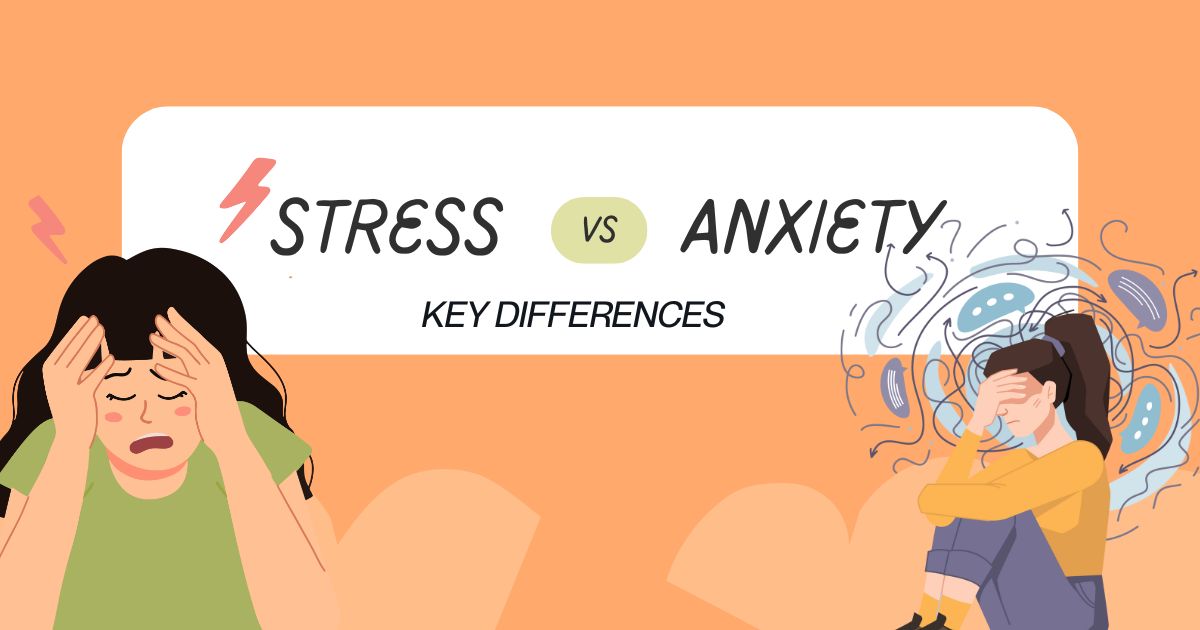Sleep plays a vital role in physical health, mental clarity, and emotional balance. Yet, millions of people worldwide struggle with insomnia, racing thoughts, or restless nights. Stress, digital distractions, and irregular routines often prevent the mind from winding down. That’s where mindfulness techniques come in. Mindfulness helps anchor your attention to the present, calm anxious thoughts, and create the right environment for deep, restorative sleep.
In this article, we’ll explore the most effective mindfulness tips for better sleep, supported by science and practical strategies you can apply daily.
Understanding the Link Between Mindfulness and Sleep
Mindfulness is the practice of being fully present without judgment. When applied before bedtime, mindfulness helps slow down overactive thoughts and relaxes the nervous system.
Research shows that people who practice mindfulness regularly experience:
-
Reduced insomnia symptoms
-
Improved sleep quality
-
Lower stress and anxiety levels
-
Increased relaxation response
By integrating mindfulness into your nightly routine, you can train your body and mind to rest naturally without relying on sleep aids.
Benefits of Practicing Mindfulness for Sleep
Before diving into the practical tips, it’s important to understand why mindfulness is so effective:
-
Calms the nervous system: Activates the parasympathetic “rest-and-digest” response.
-
Reduces racing thoughts: Encourages focus on the present instead of future worries.
-
Improves melatonin production: Deep relaxation signals the body to release sleep hormones.
-
Builds healthy sleep habits: Encourages consistency and a mindful bedtime routine.
Mindfulness Tips for Better Sleep
1. Practice Mindful Breathing
Mindful breathing is one of the simplest yet most effective techniques. Focus on each inhale and exhale, allowing your breath to guide you into relaxation.
-
Try the 4-7-8 breathing technique: Inhale for 4 seconds, hold for 7 seconds, exhale slowly for 8 seconds.
-
Place one hand on your chest and the other on your abdomen to feel your breath’s rhythm.
2. Do a Body Scan Meditation
A body scan brings awareness to physical sensations and helps release tension.
-
Start from your toes and slowly move up to your head.
-
Notice tightness or discomfort, then gently relax those areas.
-
This helps signal your body that it’s safe to rest.
3. Limit Screen Time Before Bed
Mindfulness also means being aware of your environment. Blue light from phones and laptops interferes with melatonin production.
-
Switch off screens at least one hour before bed.
-
Replace scrolling with mindful journaling or light reading.
4. Create a Calm Sleep Environment
A mindful sleep environment makes it easier to relax.
-
Keep your bedroom cool, dark, and quiet.
-
Use calming scents like lavender.
-
Invest in comfortable bedding that promotes relaxation.
5. Practice Gratitude Journaling
Racing thoughts at night often come from worry. Gratitude journaling shifts focus to positivity.
-
Write down three things you are thankful for before bed.
-
This practice cultivates peace and helps your brain shift into rest mode.
6. Try Mindful Movement
Gentle movement practices like yoga or stretching can prepare your body for sleep.
-
Focus on slow, intentional movements.
-
Incorporate restorative yoga poses such as child’s pose or legs-up-the-wall.
7. Listen to Guided Meditations
If you find it hard to meditate on your own, guided mindfulness meditations can be very effective.
-
Use sleep-focused meditation apps.
-
Choose calming soundscapes like ocean waves or rain.
8. Eat and Drink Mindfully Before Bed
Mindful eating plays a role in sleep quality.
-
Avoid heavy meals, caffeine, and alcohol before bedtime.
-
Choose calming herbal teas like chamomile or valerian root.
-
Eat light, nutrient-dense snacks if needed, such as almonds or bananas.
9. Set a Consistent Sleep Routine
Mindfulness is about awareness and consistency. Going to bed and waking up at the same time every day helps regulate your circadian rhythm.
-
Develop a wind-down routine: dim lights, meditate, or read.
-
Train your body to associate these habits with sleep readiness.
10. Practice Letting Go of Thoughts
Many people stay awake because of overthinking. Mindfulness teaches you to acknowledge thoughts without clinging to them.
-
Imagine placing each thought on a cloud and letting it drift away.
-
Repeat calming affirmations like “I am safe, I am calm, I am ready for rest.”
Common Challenges in Practicing Mindfulness for Sleep
-
Difficulty staying focused: If your mind wanders, gently return to your breath.
-
Restlessness: Start with short sessions (5–10 minutes) before increasing time.
-
Impatience: Results may take a few weeks, so consistency is key.
Long-Term Impact of Mindfulness on Sleep
Practicing mindfulness consistently not only improves sleep but also:
-
Reduces overall stress levels
-
Enhances emotional balance
-
Boosts productivity and focus during the day
-
Strengthens resilience against anxiety and depression
Summary
Mindfulness offers a natural, effective, and sustainable approach to improving sleep. By practicing mindful breathing, meditation, body scans, gratitude journaling, and creating a calm sleep environment, you can quiet your mind and prepare your body for deep rest. With patience and consistency, these mindfulness tips will help you sleep better, wake up refreshed, and enjoy a healthier life.
Also Read : Effective Ways to Reduce Work-Related Stress
Frequently Asked Questions (FAQs)
1. How long should I practice mindfulness before bed?
Start with 10–15 minutes and gradually increase as you feel more comfortable.
2. Can mindfulness replace sleep medication?
For some people, mindfulness may reduce or eliminate the need for medication. However, always consult a healthcare provider before making changes.
3. Is mindfulness helpful for chronic insomnia?
Yes, mindfulness has been proven to reduce insomnia symptoms, though severe cases may also require professional treatment.
4. Can I practice mindfulness during the day for better sleep at night?
Absolutely. Regular mindfulness throughout the day lowers stress levels, making it easier to sleep at night.
5. Do I need special equipment to practice mindfulness?
No. Mindfulness requires no equipment—just focus and intention. However, some people use apps, calming music, or journals to enhance the practice.


